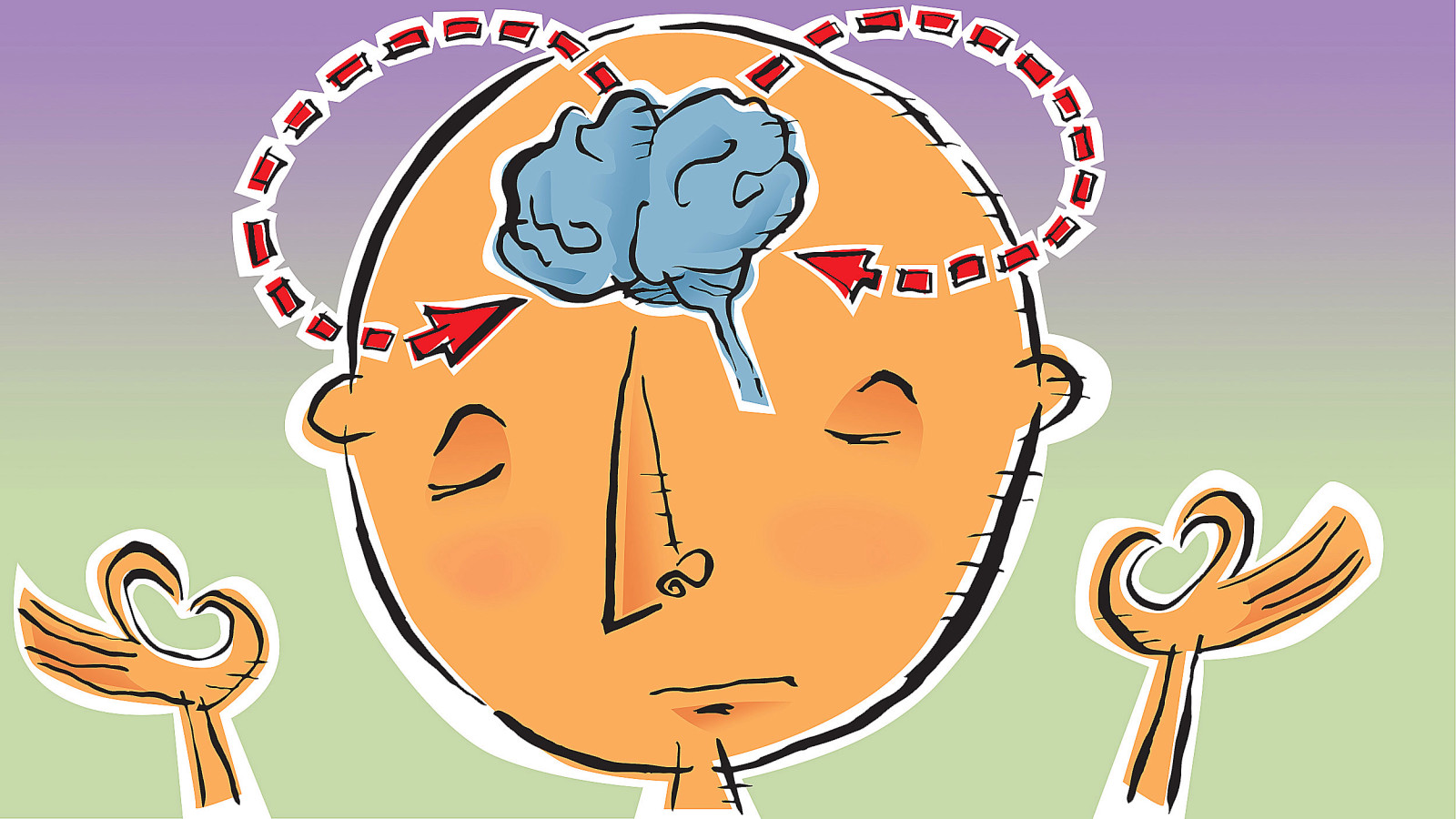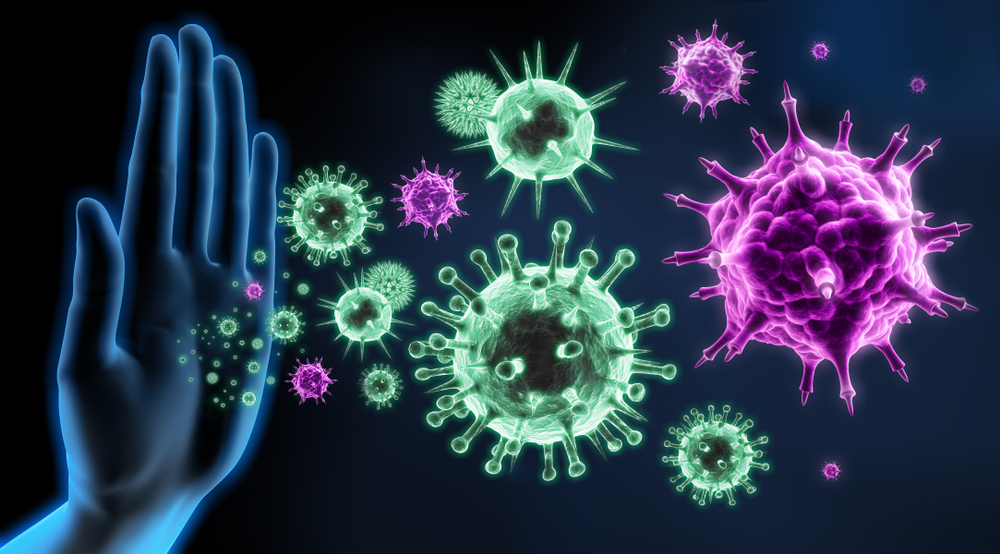Source: Good Morning America
The coronavirus, officially known as COVID-19, continues to disrupt life as we know it.
As the World Health Organization officially declared the virus a “pandemic,” cities across the country are implementing preventative measures, like “social distancing,” to try to mitigate the number of cases.
To combat the scary news and anxiety around it, meditation and mindfulness can be your best friends.
“Meditation and mindfulness can be valuable allies in times like this,” wrote Dr. Jay Michaelson, editor of wisdom content for “Ten Percent Happier.” “Of course, they don’t keep you free from disease. But they can help you be free-er from panic, more able to protect yourself, and more in touch with your own inner wisdom and resilience.”
ABC News’ Dan Harris sat down with Michaelson and Dr. Luana Marques, a clinical psychologist and professor at Harvard Medical School, for a special edition of his podcast, “Ten Percent Happier with Dan Harris,” to discuss mindfulness and how it can help you stay grounded, practice healthy habits and protect your loved ones.
1. Working with Anxiety
An unprecedented situation of a novel coronavirus is the perfect storm for anxiety, said Dr. Jay Michaelson. The space between what is known about the virus and what is yet to be discovered often leaves the general population worried and fearful.
Mindfulness can help you recognize those moments when you begin to feel overwhelmed.
“So, I think the first thing we all need to remember is anxiety is appropriate right now,” said Dr. Luana Marques on the podcast. “So the idea that anxiety has an inverse relationship with performance…Up to a point, the more anxious you get, the more performance you have. There is a point, a tilting point, though, that too much anxiety affects anything that we’re doing. So we can’t think critically. We get stuck. We start to get more anxious.”
By understanding that you’re experiencing fear, you can recognize the situation for what it is and where you’re adding your own personal anxieties.
“I recommend [for those facing extra anxiety], run outside. Or [be careful at] the gym, but any kind of exercise. I mean, a brisk walk. It’s something that any of us can do,” said Dr. Marques. “Be creative. Do jumping jacks at home.… Exercise brings down anxiety and does it fast.”
2. Building Healthy Habits
Things doctors have been telling us for ages, like “wash your hands for more than 20 seconds” or “don’t touch your face,” have become especially prudent during the coronavirus outbreak — and we realize just how bad we are at consistently practicing those healthy habits.
Mindfulness helps you take those steps toward recognizing those impulsive face touches and too-short hand washes, said Dr. Jay Michaelson.
Also, as Dr. Michaelson suggests, you can turn those, sometimes seemingly boring, habits into extra time for yourself.
Those 20 seconds of hand washing can turn into a moment of meditation and those face-touching urges can serve as a reminder to be with a desire, rather than just indulge it, said Dr. Michaelson.
Also, remember the importance of a good night’s sleep.
“Good sleep … hygiene, turning off the phones, turning off the news at a reasonable time, and decreasing [things like] caffeine, chocolate, anything that activates you,” said Dr. Marques. “If you can’t sleep, get out of bed, because sitting there and worrying guarantees you won’t sleep.”
Building these mindful habits will ultimately aid your immune system and improve your chances of being healthy, said Dr. Marques.
3. Growing Wisdom
“The kind of meditation that we’re focused on, mindfulness meditation, I like to think of it as a kind of a two-step process,” explained Dr. Michaelson. “The first is to, kind of, calm down and center the mind enough to do the second step, which is to just see what’s going on and to just co-exist with what’s going on.”
Using mindfulness will help you release generalized anxiety that is out of your individual control — and focus on being present and what you can do to help, without slipping into denial, said Dr. Jay Michaelson.
“We [don’t want to be] binging on terrifying articles until 3:30 in the morning, but we do want to be aware of the severity of this issue and our moral responsibility to those who are less resilient and who are more vulnerable,” said Dr. Michaelson. “[Denial is a] very tempting refuge because this is terrifying and is hurting everyone … so denial is a really comfortable place to hang out.”
Practicing mindfulness lets you be aware of your anxiety and helps to strike the balance between informing yourself, but also recognizing the effort needed to take care of your own personal mental state
Harris, Dr. Michaelson and Dr. Luana discussed the details of setting up a non-judgmental moment of awareness, mindful breathing, and how to feel that needed sense of calm.
All coronavirus content on “Ten Percent Happier with Dan Harris” is free for those interested in following along and hearing more about the specifics of mindfulness practices.
By strengthening your mind, you will be able make smarter decisions, build healthier habits and ultimately, take better care of those you love, concludes Dr. Michaelson.










